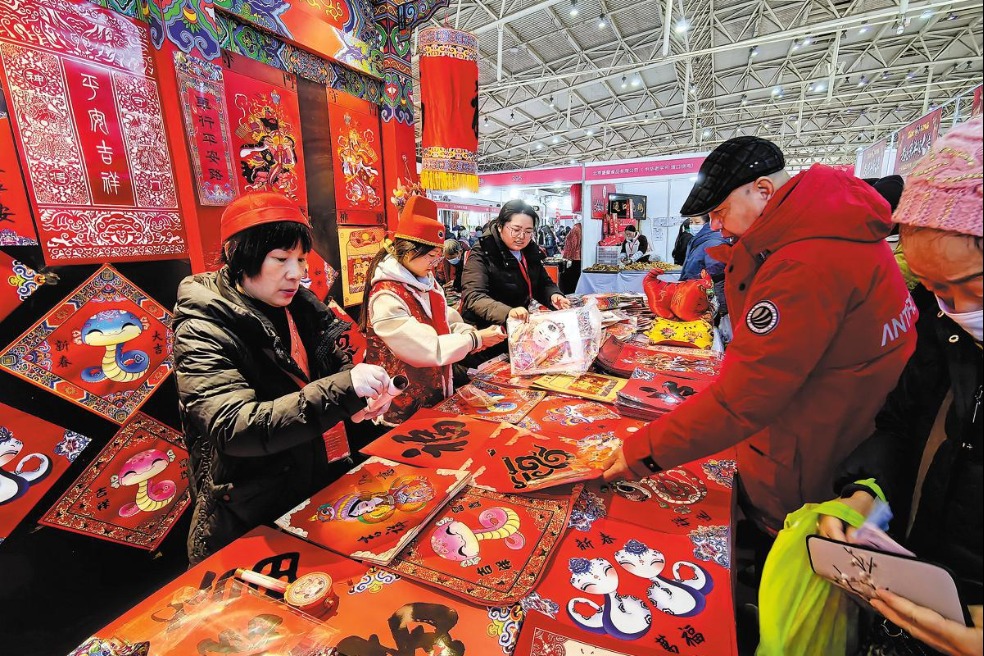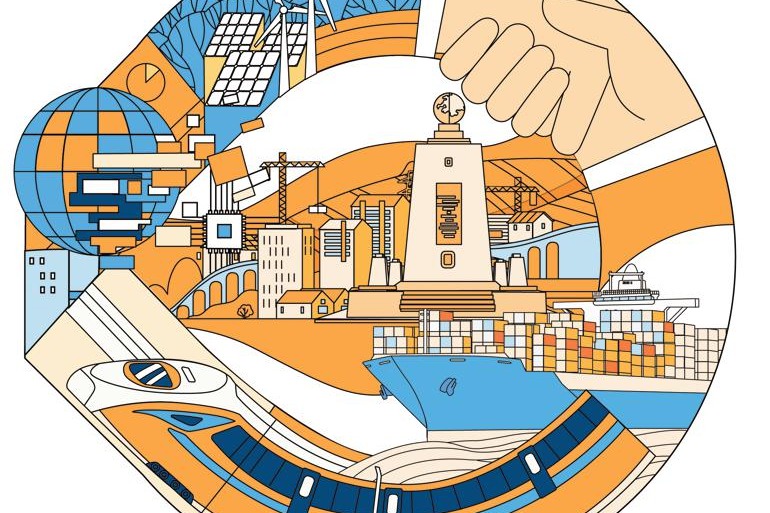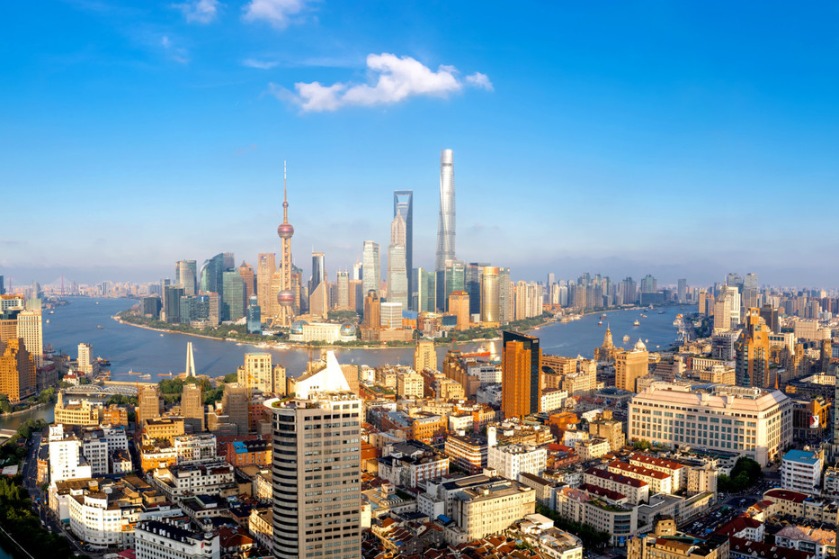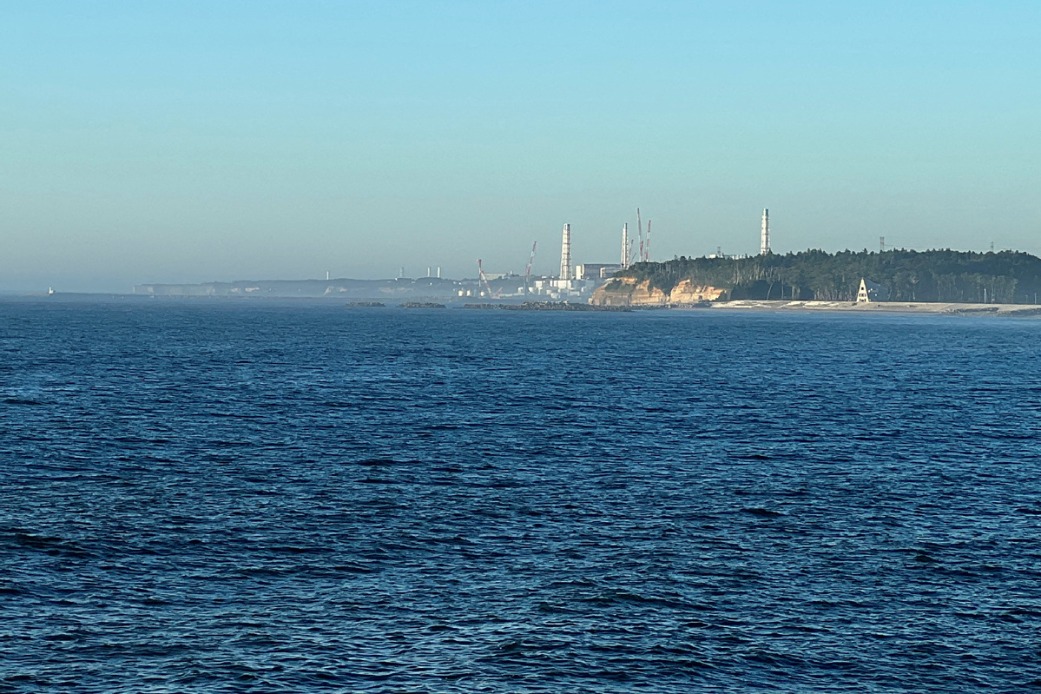People-centered governance key to China's saving lives

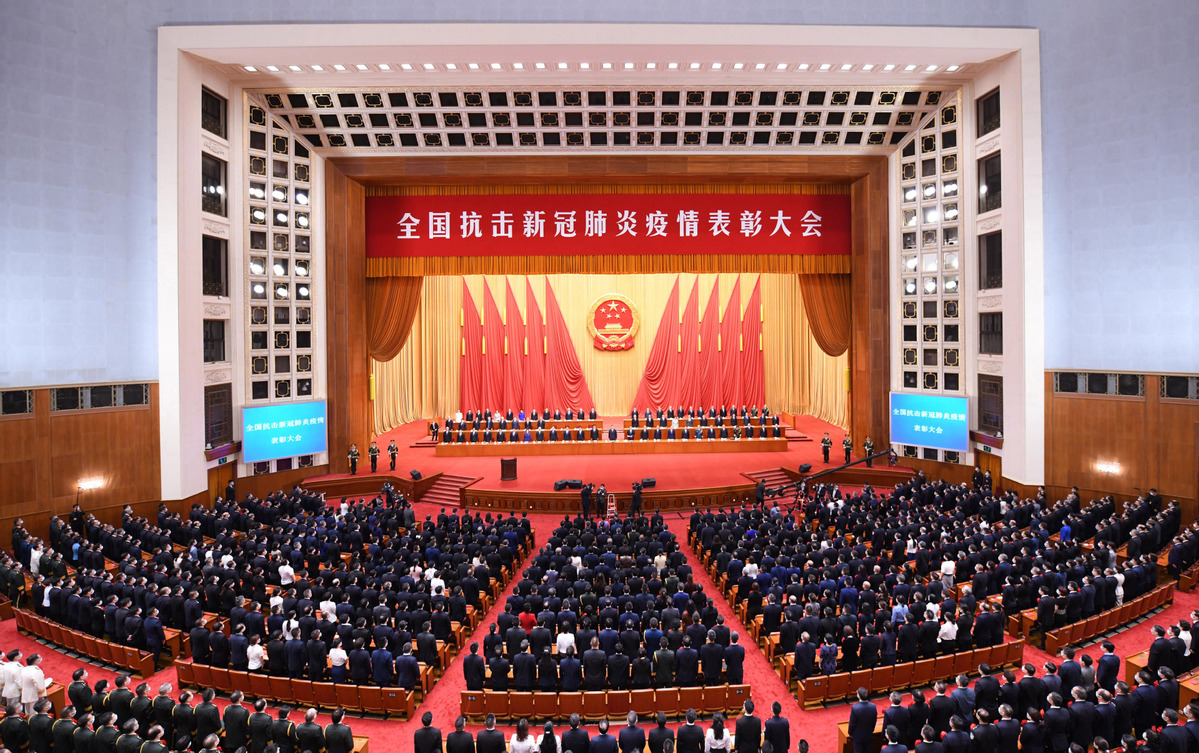
China may be the safest place on the planet now. Eight months after its arduous battle against the COVID-19 pandemic, it has largely controlled the highly infectious disease. On Tuesday morning China held a meeting at the Great Hall of the People in Beijing to commend role models in the country's fight against the COVID-19 epidemic.
Now the mainland has only a handful of imported cases, which were detected at ports of entry, thanks to rigorous anti-pandemic measures including testing, and the infected people were duly quarantined. The government's confidence level is so high that last Thursday Beijing reopened international flights.
This is not just some happy talk unrelated to reality, but forged in the crucible of real experience gained during an unprecedented crisis.
Under the leadership of President Xi Jinping, and the Communist Party of China, the entire government apparatus including the civil and military authorities was quickly brought to bear in the fight against the pandemic. Doctors, nurses, other health workers and front-line responders, and Party cadres were mobilized in Wuhan and elsewhere to help contain the virus. Some of those even sacrificed their lives for the larger good.
Everything may not have been done perfectly. But how could any country do everything perfectly amid such an existential crisis?
Yet Wuhan has sprung back to normal, as is the rest of China. Swimming pools are crowded. Restaurants are overbooked and schools have re-opened. From the middle of Europe, China seems like a fictional alternate universe.
Here in Vienna where I live, as COVID-19 numbers are rising, many businesses are permanently shuttered despite financial support from the government. Virtually nobody maintains social distancing. Face masks are generally not worn, except in the few places they are mandatory such as groceries and health facilities. And to think Austria is one of the more successful countries in the fight against the virus.
France and Spain, for example, are close to their record highs in the spring of this year. There's fear in Europe that the double-whammy of flu and COVID-19 will overwhelm not only the most vulnerable populations like the elderly, but also hospitals and healthcare facilities.
So what is to be done? If there ever was a right time for it, universal global cooperation should be the order of the day. Many countries are in fact cooperating through the World Health Organization's COVAX initiative, which is working on up to 19 or more vaccines, the world's largest, most diverse vaccine portfolio. There are 80 potentially self-financing countries that have made non-binding expressions of interest joining 92 low- and middle-income countries. The goal is to prevent "vaccine nationalism" by not only making these vaccines a public good accessible to rich and poor countries alike, but also prioritizing access to those most in need, including the elderly and other most vulnerable groups, in addition to front-line responders.
China has been taking an active part in the initiative. As Foreign Ministry spokesperson Hua Chunying said, Chinese authorities and vaccine producers held a videoconference with the WHO and other stakeholders on Sept 3 to discuss the particulars of China's involvement. But one country, which for seven decades was the go-to leader in times of global crises, has been missing in action, as it has turned inward, and is spending more time and energy in playing the blame game, than working together. Sadly, that is my country, the United States of America.
The US, with 4 percent of the world's population, accounts for almost 25 percent of the cases: more than 6.1 million cases and over 187,500 deaths. In fact, the latest model of the University of Washington's Institute for Health Metrics and Evaluation shows that by Jan 1, the number of deaths in the US could rise to 410,000 — more than of all US combatant deaths in World War II. To divert attention and to shift the blame, the US administration has been demonizing China since April.
Of course, the US isn't sitting still. On May 15, it announced "Operation Warp Speed", a $10 billion program to develop and deliver 300 million safe and effective vaccine doses by January. Last week, however, US states were suddenly ordered to prepare for mass inoculations on Nov 1, just a couple of days before the presidential election.
The White House further isolated itself from the international community by announcing that, "the United States will continue to engage our international partners to ensure we defeat this virus, but we will not be constrained by multilateral organizations influenced by the corrupt World Health Organization and China". Many experts see this as a childish, churlish and potentially fatal mistake, akin to not having an insurance policy in case none of the US vaccines are found to be effective and safe — which can be a possibility, given the compressed timeline for vaccine development, the previous record being four years.
How the US would engage "with international partners" is unclear since it has excluded itself from the WHO-affiliated COVAX program and its 172 country partners. The only explanation was provided in June by the US' Food and Drug Administration's Peter Marks who said that it's analogous to an oxygen mask on a depressurized airplane: "You're going to put on your own first and then help others". Translation: "America first" and a dose of vaccine nationalism.
How much this transactional administration that routinely accuses its allies of constantly "ripping off" the US would charge is anyone's guess, but it is unlikely to be as a public good. In any case, I look forward to getting on an airplane and returning to the safety and stimulation of China.
The author is a senior research fellow at Beijing-based think tank Center for China and Globalization. The views don't necessarily represent those of China Daily.






















